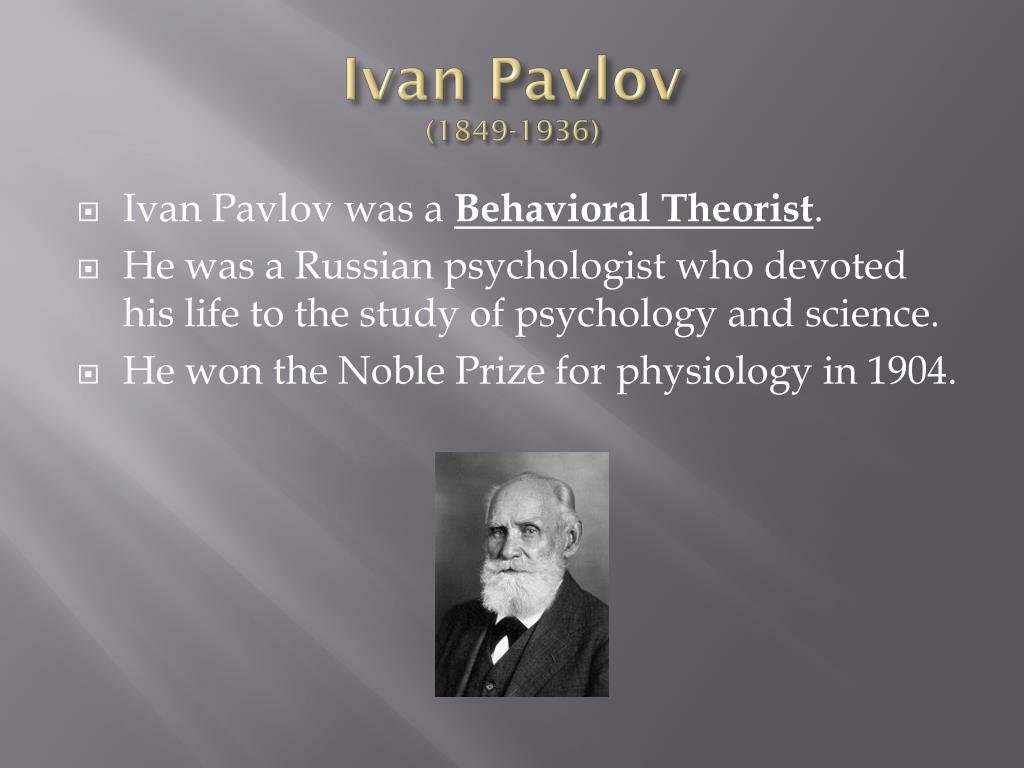
Smith William Ray Woodward "This book is about the eminent behavioral scientist B. Skinner and Behaviorism in American Culture by Laurence D. **Ivy Tech Indianapolis students can place a hold on this item to have it sent to their campus library for check out.**ī. The unifying theme is mourning of the loss of a primary object, either early in life or in adulthood. In keeping with the design of the symposium, the book is organized around four primary chapters (presentations), each followed by a discussion chapter. Expectably, Mahler's conceptual contributions are liberally referenced throughout the volume - separation individuation, libidinal object constancy, the unavoidable losses of developmental changes, and mourning of the loss of one-ness. The multi-faceted processes involved in mourning and adaptation are addressed. Mourning and the importance of the capacity to bear some helplessness, while still finding pleasure in life, are central to this tightly organized volume. Mahler Symposium on Child Development in Philadelphia, Pennsylvania. Hossein Etezady (Contribution by) Theodore Fallon (Contribution by) This small volume comprises primarily papers presented in 2001 at the 32nd Annual Margaret S. Settlage (Contribution by) William Singletary (Contribution by) Salman Akhtar (Editor) M. Three Faces of Mourning by Corinne Masur (Contribution by) Helen Myers (Contribution by) Henry Parens (Contribution by) Herbert Schlesinger (Contribution by) Calvin F. Pavlov's Physiology Factorythus addresses issues of importance to historians of science and scientists today: "big" versus "small" science, the dynamics of experiment and interpretation, and the development of research cultures. He discusses changes wrought by government and commercial interests in science and sheds light on the pathways of scientific development in Russia-making clear Pavlov's personal achievements while also examining his style of laboratory management. Todes looks at Pavlov's performance in his various roles as laboratory manager, experimentalist, entrepreneur, and scientific visionary. Was he alone deserving of the prize? Examining the fascinating content of Pavlov's scientific notes and correspondence, unpublished memoirs, and laboratory publications, Pavlov's Physiology Factoryexplores the importance of Pavlov's directorship of what the author calls a "physiology factory" and illuminates its relationship to Pavlov's Nobel Prize-winning work and the research on conditional reflexes that followed it. In Lectures on the Work of the Main Digestive Glands, for which Pavlov won the Nobel Prize in 1904, the scientist frequently referred to the experiments of his coworkers and stated that his conclusions reflected "the deed of the entire laboratory." This novel claim caused the prize committee some consternation.

Todes explores Pavlov's early work in digestive physiology through the structures and practices of his landmark laboratory-the physiology department of the Imperial Institute for Experimental Medicine.

In Pavlov's Physiology Factory: Experiment, Interpretation, Laboratory Enterprise, Daniel P.

Todes Russian physiologist and Nobel Prize winner Ivan Pavlov is most famous for his development of the concept of the conditional reflex and the classic experiment in which he trained a dog to salivate at the sound of a bell.


 0 kommentar(er)
0 kommentar(er)
